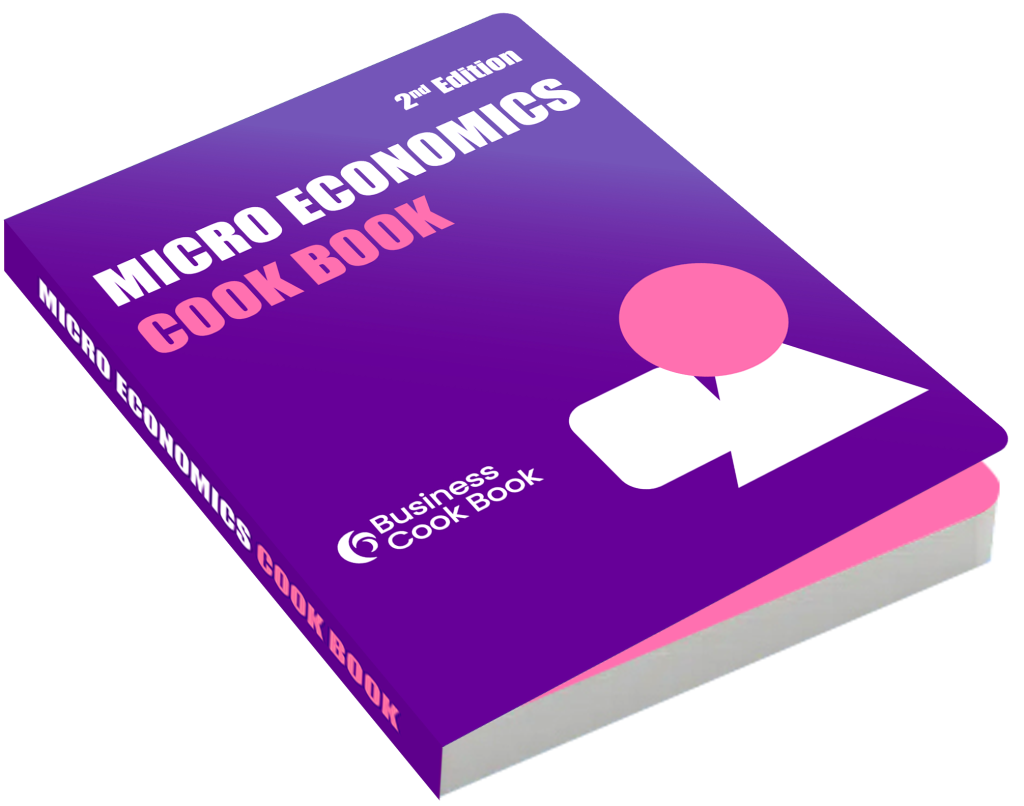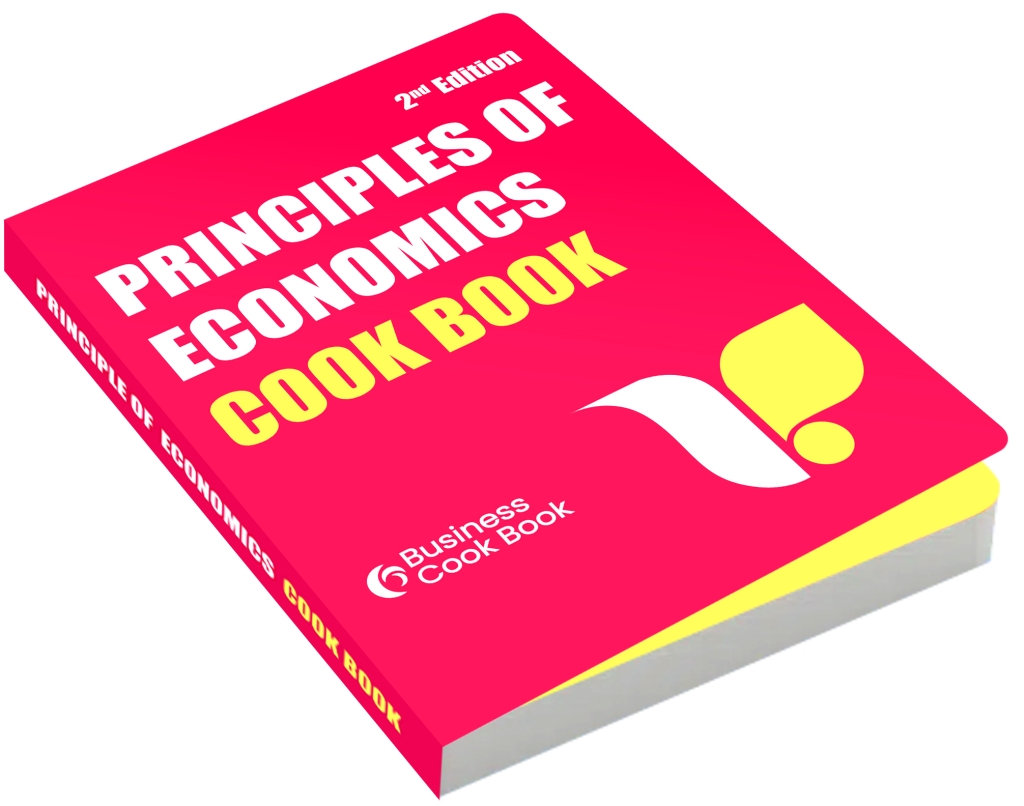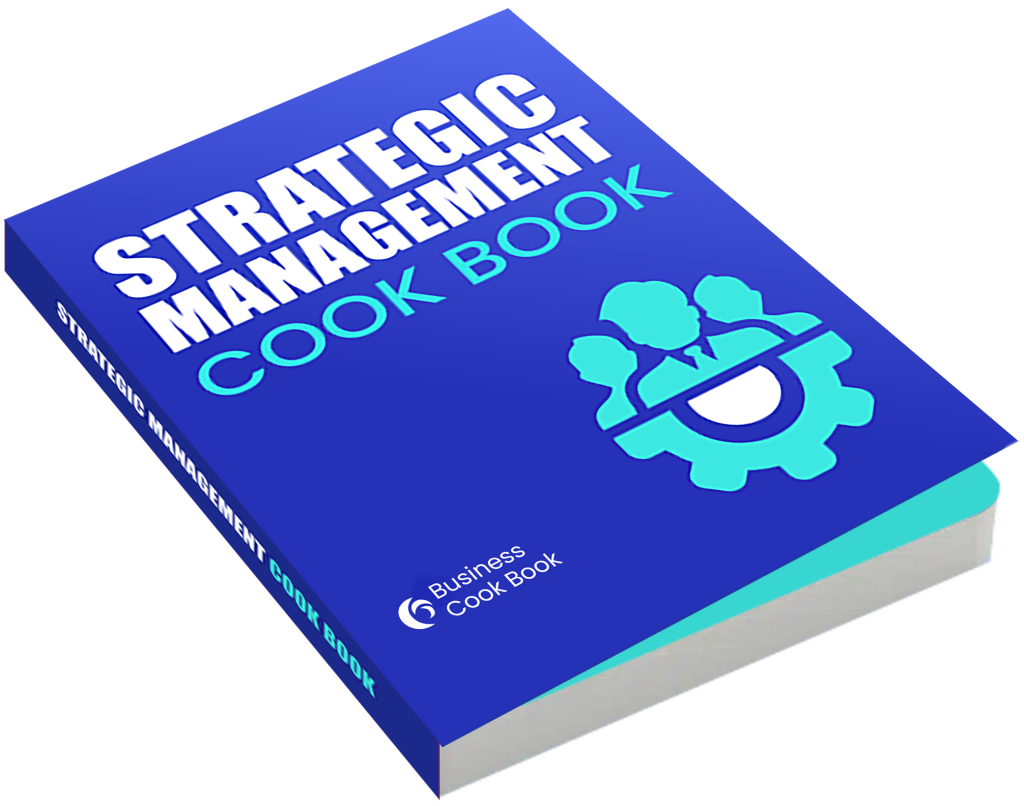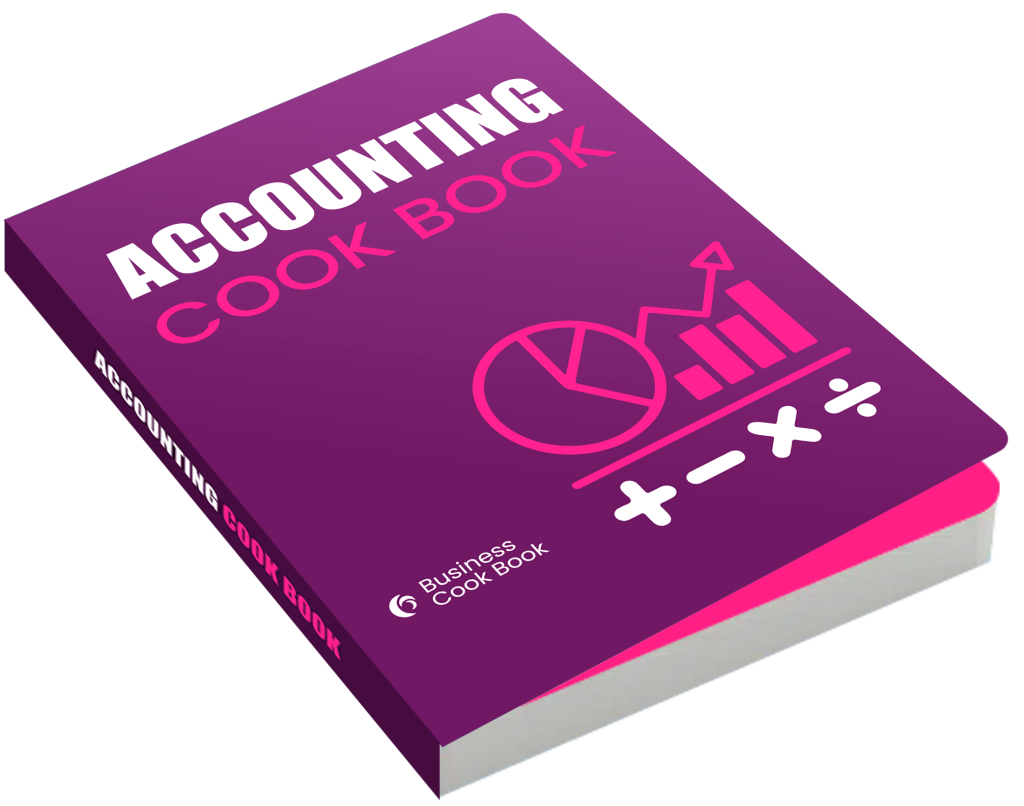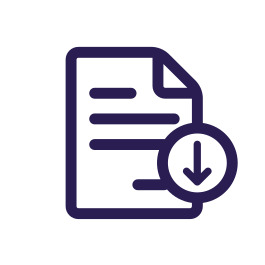• Introduction to Macroeconomics

Learning Objectives

Assessment of Prior Knowledge

Scope of Macroeconomics

Importance of Macroeconomics

Types of Macroeconomics

Variables of Macroeconomics

Difference between Macroeconomics and Microeconomics

Interdependence of Macroeconomics and Microeconomics

Limitations of the Macroeconomics

Evolution of Macroeconomics

Summary
• National Income

Learning Objectives

Assessment of prior Knowledge

Concepts or Aggregates of National Income

Circular Flow of Income

Two Sector Model of Circular Flow of Income

Three Sector Model of Circular Flow of Income

Four Sector Model of Circular Flow of Income

Importance of National Income Analysis

Measurement of National Income

Difficulties in measurement of National Income

Some practical questions on National Income

Summary
• Consumption Function

Learning Objectives

Assessment of prior Knowledge

Properties of consumption function

Psychological law of consumption

Importance of Consumption Function

Theories of Consumption Function

Determinants of Consumption Function

Measures to raise the Propensity to Consume

Criticism of Propensity to consume

Summary
• Investment Function

Learning Objectives

Assessment of prior knowledge

Classification of Investment Expenditure

Types of Investment

Determinants of Induced Investment

Source of Autonomous Investment

Measures to Stimulate Private Investment

Factors affecting Investment

Importance of Investment

Summary
• Multiplier and Principles of Acceleration

Learning Objectives

Assessment of prior Knowledge

Dynamic Concept of Multiplier

Movements of the Multiplier

Forward action of the multiplier

Backward action of the multiplier

Leakages of Multiplier

Importance of Multiplier

Limitations of Multiplier

Concept of Accelerator

Working of Accelerator

Criticisms of Acceleration Principle

Summary
• Classical & Keynesian Theory of Income and Employment,Income Determination in Closed Economy

Learning Objectives

Assessment of prior Knowledge

Determination of Equilibrium level of Income and Employment under Classical Theory

Determination of Income and Employment when there is no saving and Investment

Determination of Income and Employment in an Economy with Saving and Investment

Determination of Income and Employment. Role of Money and Prices

Criticism of Classical Theory

Keynesian Theory of Income and Employment

Equilibrium GDP Determination

Significance of Keynesian Theory of Income and Employment

Criticism of Keynesian Theory of Income and Employment

Income determination in a Closed Economy

Summary
• Inflation concept and Theories

Learning Objectives

Assessment of prior Knowledge

Types of Inflation

Causes of Inflation

Effects of Inflation

Theories of Inflation

Measurement of Inflation

Remedial Measures of Inflation

Summary
• Business Cycle

Learning Objectives

Assessment of prior Knowledge

Features of Business Cycles

Phases of a Business Cycle

Causes of Business Cycles

Effects of Business Cycles

Theories of Business Cycle

Measures to Control Business Cycles

Summary
 Hurry up! This offer ends in
Hurry up! This offer ends in Hurry up!
Hurry up! 

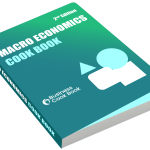


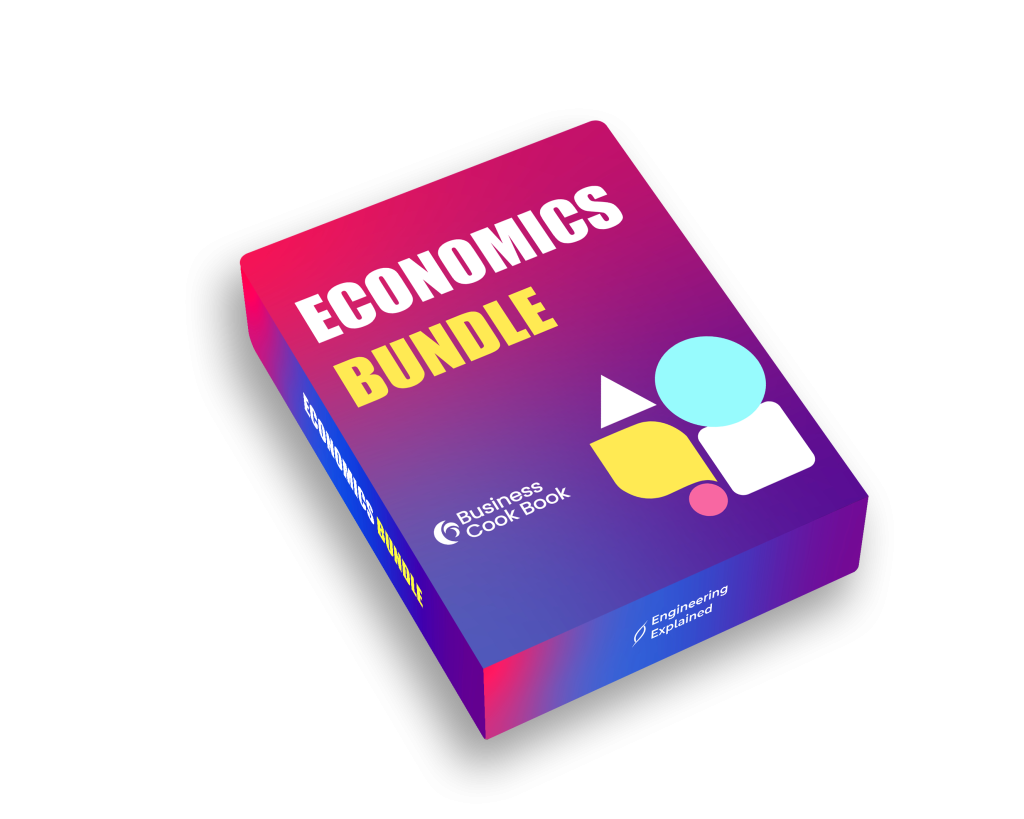
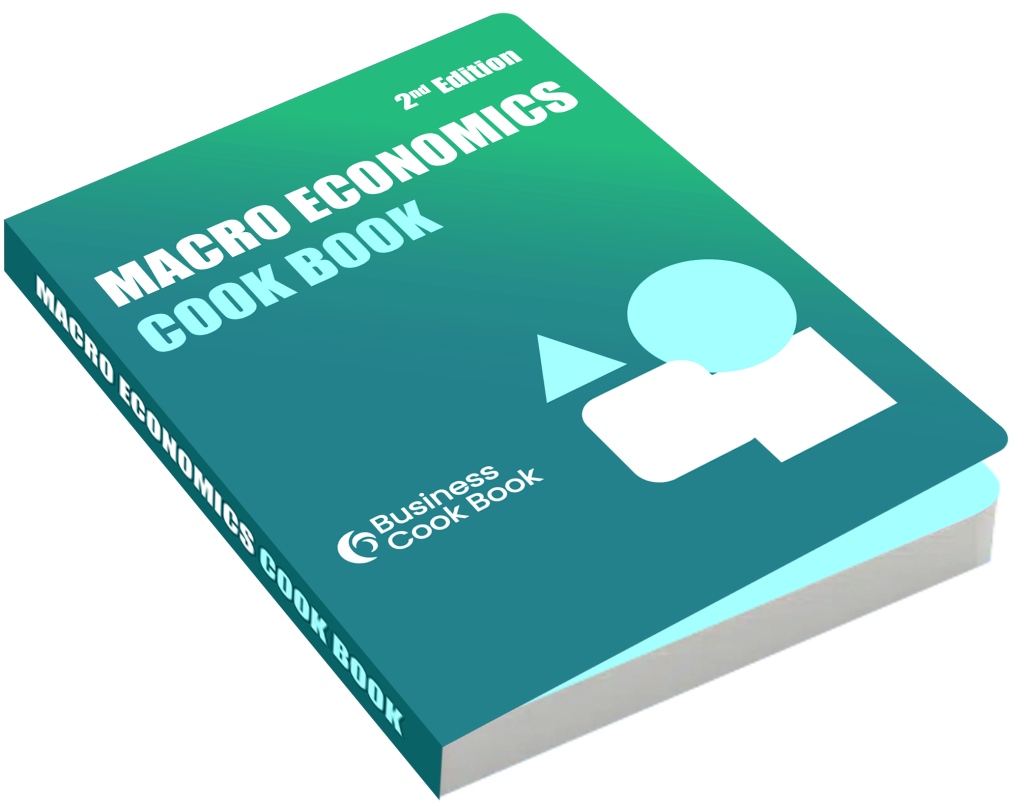
 Learning Objectives
Learning Objectives